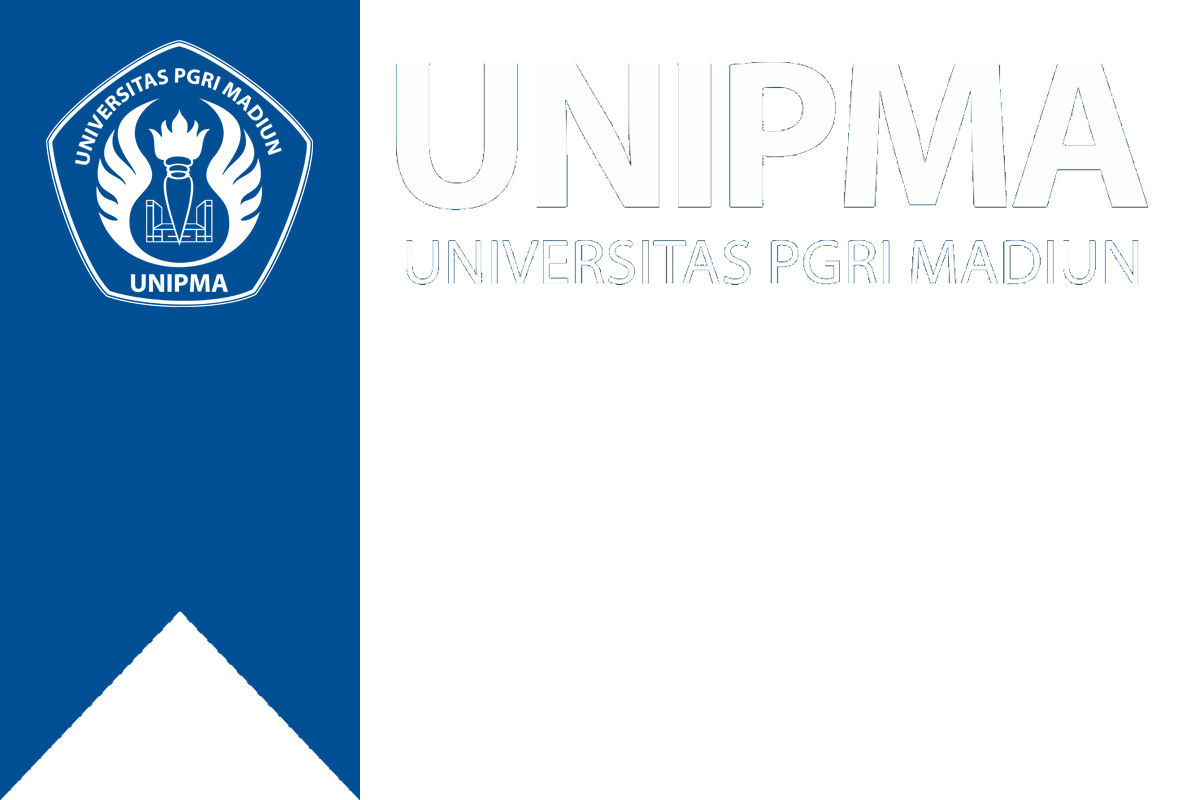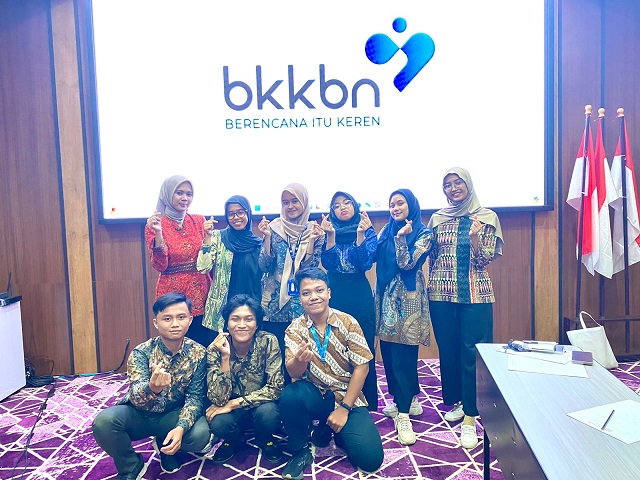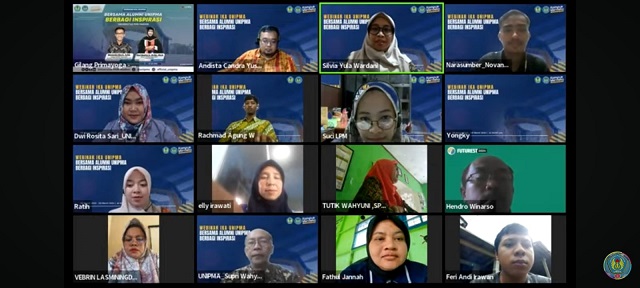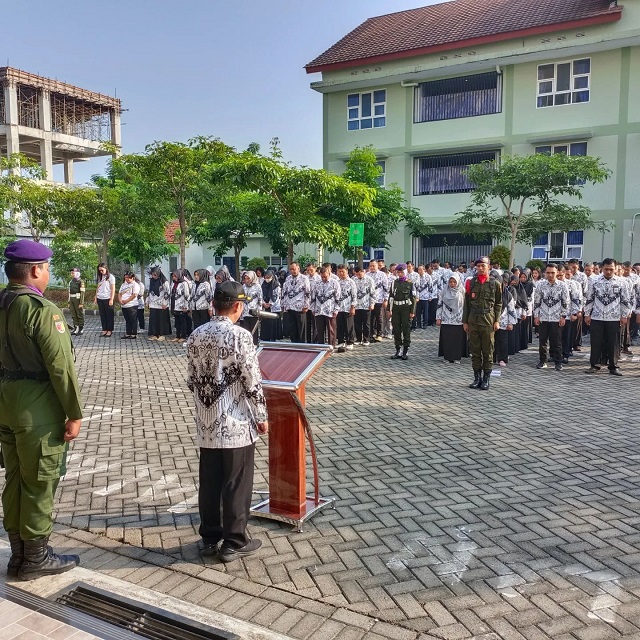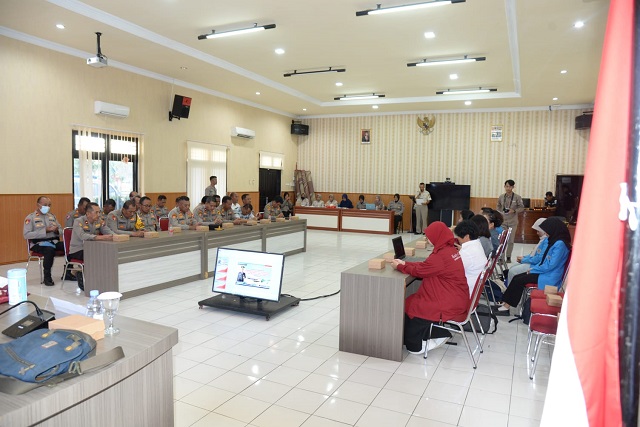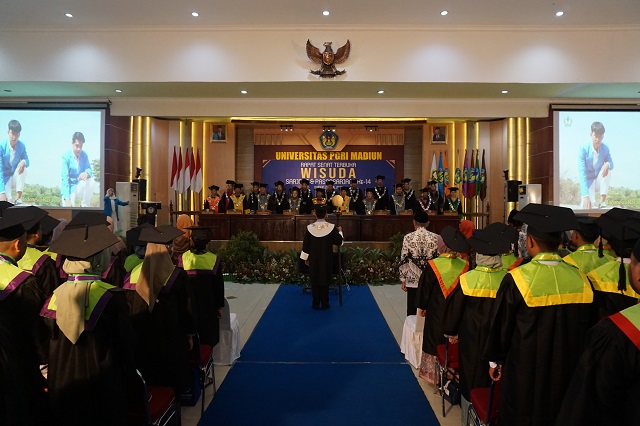UNIPMA Lecturer Develops Steam-C Integrated Learning Design
The 21st century, which is marked by the rapid development of information technology, must be balanced with various kinds of supporting skills. In the 21st century education framework developed by the World Economic Forum (WEF), it describes several important skills that must be mastered by school students. These skills include communication, collaboration, critical thinking and creativity, or better known as the 4C (Communication, Collaboration, Critical Thinking, Creativity). One approach in learning that can train students' 4C skills is STEAM (Science, Technology, Engineering, Art, and Mathematics).
A team of lecturers from the Mathematics Education Study Program at PGRI Madiun University (UNIPMA) consisting of Ika Krisdiana, Edy Suprapto and Davi Apriandi designed a STEAM learning approach in collaboration with culture (Culture). Henceforth, the approach is termed STEAM-C. This effort has received appreciation from the Education Endowment Management Institute (LPDP) through the Scientific Research Program Grant in 2021. The collaboration of STEAM and Culture (culture) is intended in addition to training 4C skills, it is also expected to be able to instill and strengthen cultural values owned by the nation so that not degraded by the currents of globalization.
In implementing the STEAM-C learning design, the research team led by Ika Krisdiana also involved the role of students. This is a form of umbrella research for lecturers by students taking their final project.
Ika explained, STEAM-C is a learning approach that guides students' mindsets like a scientist in analyzing and solving problems related to culture. The implementation of the STEAM-C approach is carried out using a project-based learning model (Project Based Learning = PjBL). Learning activities are built on learning activities and real tasks that provide students with solving challenges related to everyday life (especially related to culture) to be solved in groups. In practice, students are trained to be able to solve problems collaboratively, creatively, critically and able to communicate them well, and ends with the production of a cultural product that has artistic value.
One example of umbrella research by students is "Development of STEAM Integrated Learning Tools and Culture Using PjBL to Improve Students' 4C Ability in Building Blocks". The tools developed include Learning Implementation Plans (RPP), Teaching Materials, Student Worksheets, and Assessment Instruments. In its implementation, learning is carried out on a project-based basis. Students are given problems to solve through project activities carried out in collaboration with their groups. They are required to be able to think critically and creatively in solving the problems given, and to be able to communicate the results through presentation activities in front of the class. As the end of the activity, groups of students are also required to produce art products, such as designing a prototype fort building that has the basic form of building blocks of space with certain sizes.
Through this research activity, Ika and her team believe that the developed STEAM-C learning approach will be able to help improve students' 4C abilities as a skill needed in the 21st century. In addition, the implementation of STEAM-C is also very much in line with the objectives of the current independent learning curriculum. it is run in Indonesia. “We hope that the form of the STEAM-C approach can be used as a reference for teachers in designing learning activities in the classroom. So it is hoped that the mathematics subject that has been feared by students will become a fun lesson and can provide a direct picture of the application of mathematical concepts in everyday life," he hoped.
